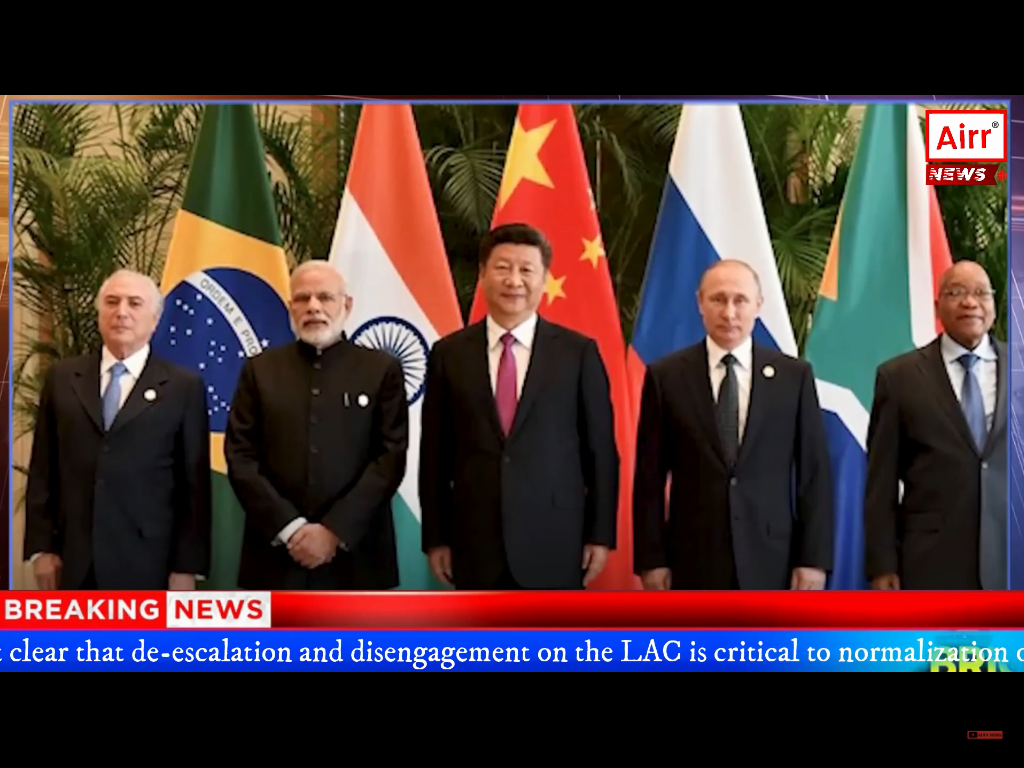Six counties will join BRICS, of which four are Middle Eastern. With BRICS expanding itself, is it the beginning of good times for the “Global South”?
In the last two episodes, we explored the meaning of BRICS and the new countries that have joined the bandwagon. We will try to understand the role of China in BRICS and India’s countermeasures.
The rift between New Delhi and Beijing is well-known. From border disputes to trade and commerce, India and China have been at loggerheads.
In the aftermath of the Galwan Valley clash which evoked the memories of the 1962 border war and Nathu la in 1967, the India-China relationship faced a serious blow. Political gurus feel that the rivalry between India and China could render BRICS dysfunctional.
While New Delhi and Beijing have many issues to be addressed, not all is lost! In the light of the latest BRICS summit, India and China have agreed to address various issues, chief among them is the subject of border.
An article published on DW mentions the following:
“A potential bilateral interaction between Modi and Xi will be the most eagerly watched geopolitical event of the BRICS summit. India has made it clear that de-escalation and disengagement on the LAC is critical to normalization of bilateral relations,” Ajay Bisaria, a former Indian diplomat, told DW.
Despite many rounds of negotiations and engagement at multiple levels, the military tensions continue. India has said there can be no normal ties if China breaches border agreements. Both sides are building infrastructure in the area.”’
According to various political experts, if BRICS has to succeed in its endeavors, India and China must talk about the border issues. Failing to address the issue may result in BRICS becoming dysfunctional.
Another area of contention between India and China is the push to create two seemingly different worlds. While China’s ambition is to create a unilateral world, India is pushing forth the idea of a multilateral world.
Furthermore, China wants to use BRICS as a group to counterweight the G7 nations, particularly the US.
The DW article mentions the following:
“Jayadeva Ranade, president of the Centre for China Analysis and Strategy in New Delhi, told DW that China’s strategic objective is to ‘become the pre-eminent power in Asia.’”
‘This means ensuring that India acquiesces to Chinese overlordship,’ added Ranade, who served on India’s national security advisory board. “There is virtually no likelihood of our settling differences in a meeting or two. At most, these will mean a tactical pause in China’s ambitions.”
How did you find this information? Please mention this in the comments section. We would also like to know the kind of content you want to watch, and we will try to create it for you. For more news and updates, follow Airr News.

